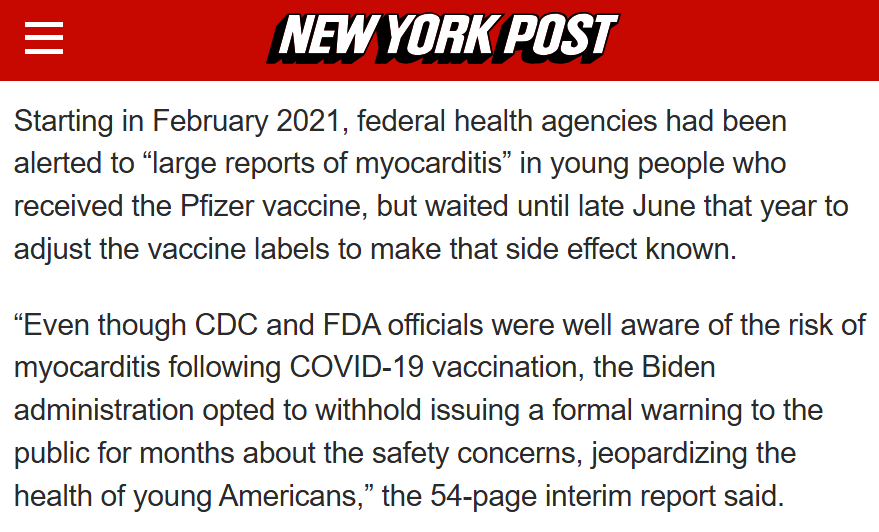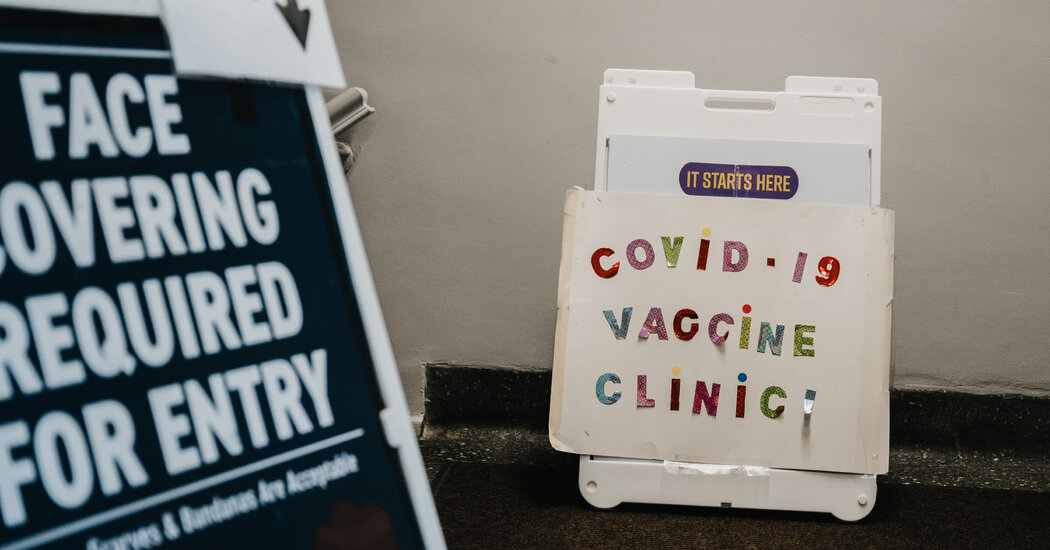In the dim corridors of government oversight, a chilling truth has come to light — and it’s not for the faint of heart.
A recent Senate report has dropped like a cold hammer, revealing that top officials at the Centers for Disease Control and Prevention (CDC) and the Food and Drug Administration (FDA) knew. They knew about the risk of myocarditis — a rare but potentially dangerous heart inflammation — following mRNA COVID-19 vaccinations. And instead of sounding the alarm, they muted it.
We’re not talking about a minor oversight. This was calculated. According to the report, the agencies were well aware of the early warning signs. They had data. They had patterns. And yet, rather than immediately informing the public, they chose to downplay the threat.
This wasn’t just bureaucratic fumbling. This was silence — deliberate and deafening.
The kind that leaves parents in the dark. The kind that sends young men to emergency rooms clutching their chests. The kind that makes you question where the line is between public health and public manipulation.
By the time myocarditis began to emerge in post-vaccine monitoring systems — particularly in younger males — internal discussions had already circulated. But the public messaging didn’t match the private concern. Officials instead crafted a more reassuring narrative, painting the risk as negligible, almost dismissible.
Behind closed doors, there were warnings. Outside, there were reassurances.
Is it fear of vaccine hesitancy? Protecting pharmaceutical partners? Or something darker — the belief that we, the public, can’t handle the truth?
Whatever the reasoning, the result was the same: people were kept in the dark about a risk that might have changed their medical decisions. A beat skipped in the nation’s heart, and no one was listening.
Trust, once broken, doesn’t mend easily. And when the ones we rely on for truth turn out to be filtering it — we’re left to wonder: what else is being buried?
The report is a grim reminder that transparency isn’t just a virtue — it’s a lifeline. And when it’s severed, the consequences aren’t just political — they’re personal.




